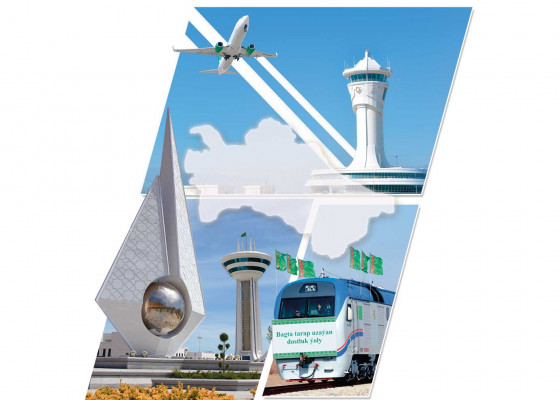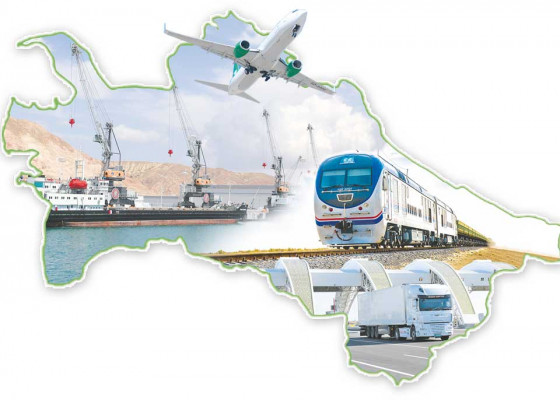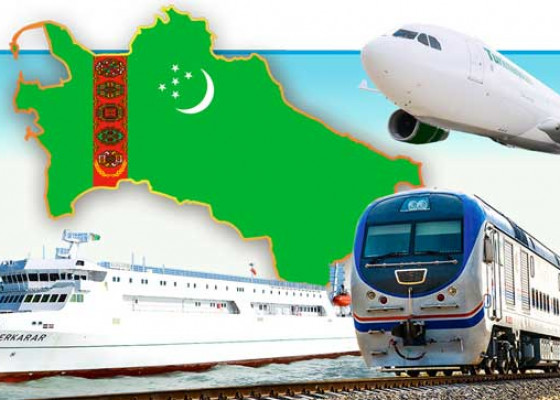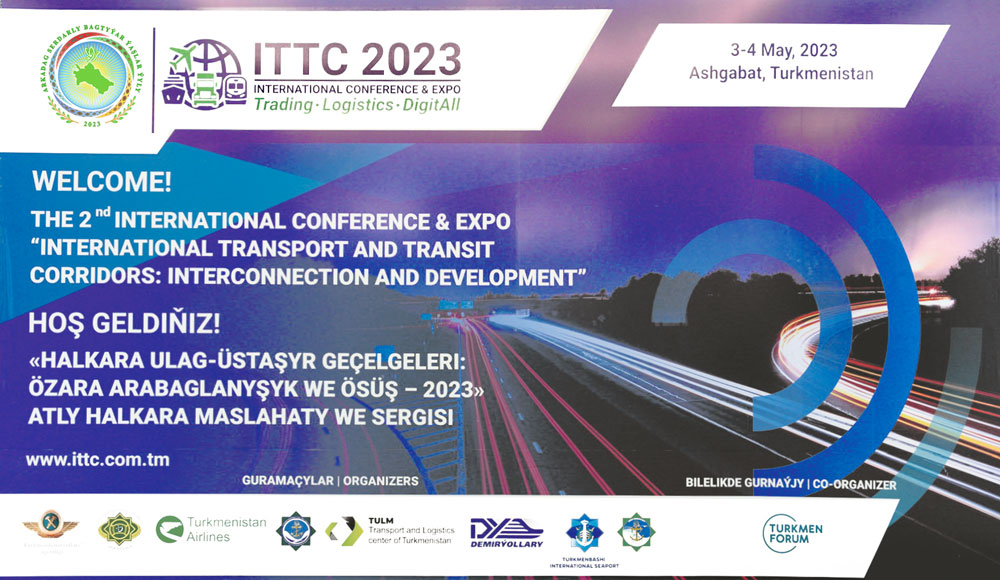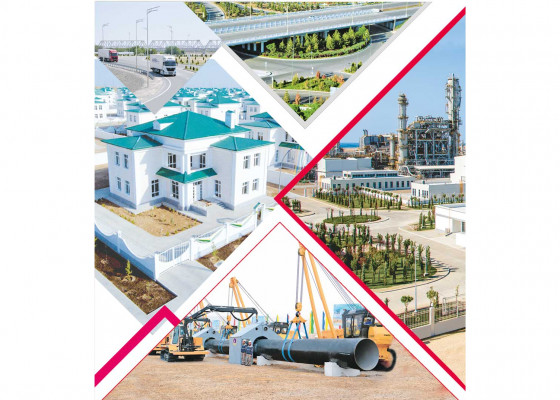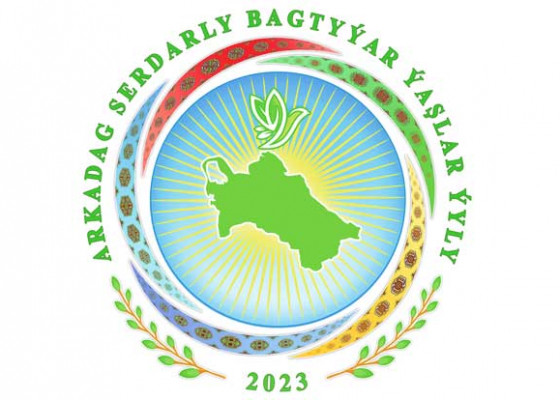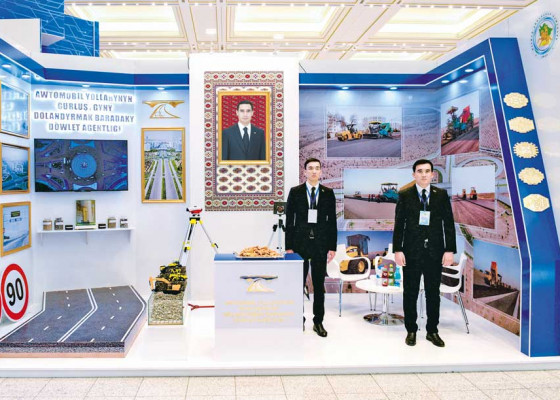Logistics Potential of the Country
In the 21st century, trade remains a key aspect of cooperation between countries and serves as the backbone of modern society, also ensuring peace and cooperation among peoples. In terms of international trade, one of the most discussed issues is the establishment of sustainable supply chains. The creation of a harmonious system of transit corridors is one of the priorities of the economic strategy of Turkmenistan. In accordance with the adopted National Programme of the Socioeconomic Development of Turkmenistan in 2022–2052, the country’s efforts are aimed at the successful implementation of the tasks of the fullest use of the geo-economic potential of our Motherland through the creation of logistics corridors, the enhancement of the role of the country and its integration into the regional and international system of multimodal communications.

